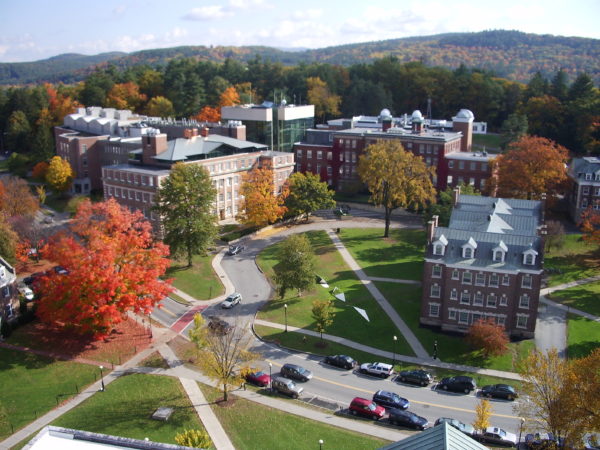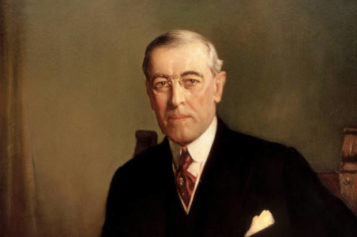Brown University — Rhode Island
The Rhode Island university benefited significantly from slavery during its early years. Rhode Island served as a major hub for the trans-Atlantic slave trade, according to a report by The Committee on Slavery and Justice. The report revealed that at least 30 members of Brown’s governing board owned or captained slave ships, and many donors would lend enslaved people to help with construction.
Dartmouth College — New Hampshire
Dartmouth College is the home of a rather gruesome tale of how enslaved people were used as experimental tools for universities. Craig Steven Wilder, the author of Ebony & Ivy: Race, Slavery and the Troubled History of America’s Universities, sat down with Democracy Now back in 2013 to discuss some of his own findings of how universities benefited from slavery. During the interview, Steven tells the story of Dartmouth founder Eleazar Wheelock, who dragged “the body of an enslaved black man, who is deceased, named Cato, to the back of his house and boils that body in an enormous pot to free up the skeleton, to wire it up for instruction.”



